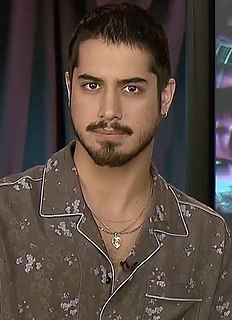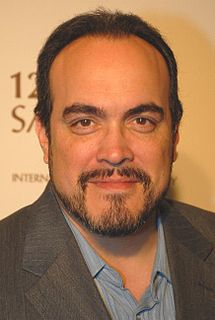A Quote by Benjamin Disraeli
Related Quotes
I hope that 'Gambit' doesn't take ten years, but it takes a little honing to get that tone and that voice exactly right. The character has such a specific voice in the comic, in the same way that Deadpool has a specific voice in the comic, that we want to make sure that we capture that voice on the page.
The expectation is this low, gravelly voice for John, but I went through his early recordings and there were songs in there where the voice was so different, I wasn't even sure if it was him singing, ... So it was interesting to me that we would see him develop the Man in Black sound. I thought it was really important that his voice change as his persona slowly solidified. The music was really the doorway into the character.
When I read to children, I try to become the characters. It's great if you can make a separate voice for each character. Sometimes you can lower your voice with excitement or get more intimate about it: you can lean forward and engage the children as a narrator or as a reader. It's particularly important that you find the voice that you want to use for each character, because then children can imagine that person as you're reading aloud. And of course, the illustrations help enormously.
I love it and it is a blessing to be able to have seventy-five to eighty episodes to develop a character and find your voice. You have a similar through voice, and yet you are making different decisions, and so you act differently and you make different choices, as that is what your character would do.

































